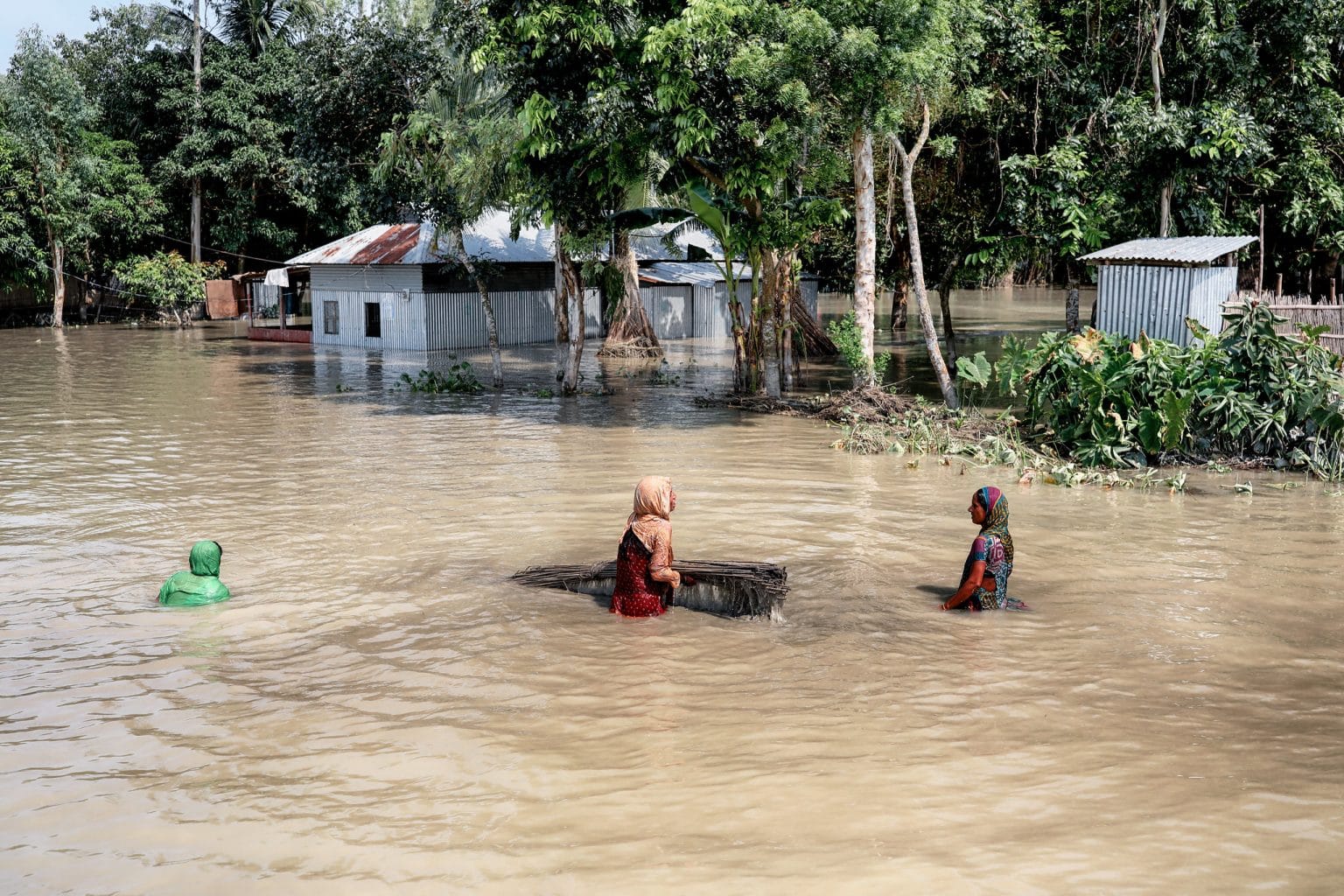By Basav Sen, climate policy director at the Institute for Policy Studies, and Tejal Mankad, digital and social media manager at Fossil Free Media.
Since early spring, we have been following the heatwaves searing India and Pakistan with horror.
Anyone would be concerned watching the news reports, but for us, it’s personal. Instead of switching channel, it means checking in over WhatsApp with elderly family members back home, many of whom live alone and have been recovering from illness.
For months, the South Asian subcontinent has been experiencing extreme temperatures, rising to a record 50 degrees Celsius (122 degrees Fahrenheit) – well above average for this time of year.
This severe heat is having life-threatening health impacts, with the most marginalized people, such as agricultural and construction workers and people without stable housing, being the worst affected.
In a region home to 29 percent of the people who live in extreme poverty globally, the effects are devastating.
As if these ongoing heatwaves were not enough, monsoon season has arrived. Severe flooding has killed at least 69 people and left almost 10 million people without access to food and water in Bangladesh and the neighboring Indian state of Assam.
The magnitude of the flooding this year is likely connected to the prior heatwave, which caused more Himalayan snow to melt, raising the water level in rivers prior to the heavy monsoon rains.
Who’s to Blame?
As a coalition of communities resisting fossil fuels in the U.S., we in the People vs. Fossil Fuels coalition recognize that these extreme weather events are not an accident of nature.
According to the Intergovernmental Panel on Climate Change (IPCC), heat extremes over land have already become significantly more likely at 1 degree Celsius of average warming above pre-industrial levels.
And an international team of scientists has estimated that these particular heatwaves were made 30 times more likely to occur because of human-caused climate change. Rising emissions are similarly thought to be a factor in the unprecedented flooding.
The U.S. government shoulders a large share of the blame for these catastrophic weather events and should be held accountable.
The U.S. is the world’s largest oil and gas producer, and far from phasing out oil and gas production with a just transition for workers and communities, the Biden administration is pushing for an expansion of gas production and exports while paying lip service to the climate crisis.
It is also leasing public lands for oil and gas drilling at a higher rate than the Trump administration, sacrificing Indigenous, Black, Brown, and low-wealth communities while breaking campaign promises.
Wealthy countries as a whole carry much of the responsibility for the adverse impacts on people in India and Pakistan today. Their outsized cumulative and per capita greenhouse gas emissions have made a huge contribution to climate change, yet countries in the Global South face some of the worst consequences.
This is a particularly poignant reality for South Asia, given the plunder of the subcontinent by the British East India Company, providing a major source of the investment that fueled the Industrial Revolution, and, in turn, the climate crisis.
That doesn’t mean we should ignore the harmful role played by governments on the subcontinent, however.
India is the world’s second largest coal producer, and even as poor and marginalized people in the country suffer from a horrific heatwave, the government is displacing Adivasi (Indigenous) peoples from their homelands to expand coal mining, with severe environmental justice consequences.
A disproportionate number of coal mining leases have been awarded to a few politically connected corporations, while the Modi government commits serious human rights violations against Muslims and other minorities.
End of the Fossil Fuel Era
South Asia has a long tradition of vibrant, powerful social movements, as exemplified by the recent victory of the Indian farmers’ movement – likely the world’s largest protest movement ever – against unjust farm procurement laws.
As a coalition of U.S. frontline communities and their supporters, we view these movements as our siblings in South Asia.
We stand in solidarity with them as they fight for justice against their own governments and against an international political and economic order that values the profits of the fossil fuel industry over their lives.
Our coalition will continue to push President Biden to end all fossil fuel project approvals, declare a climate emergency, and ramp up renewable energy investments, freeing frontline communities in the U.S., South Asia and across the world from the threats that fossil fuels pose to our lives.
Subscribe to our newsletter
Stay up to date with DeSmog news and alerts







